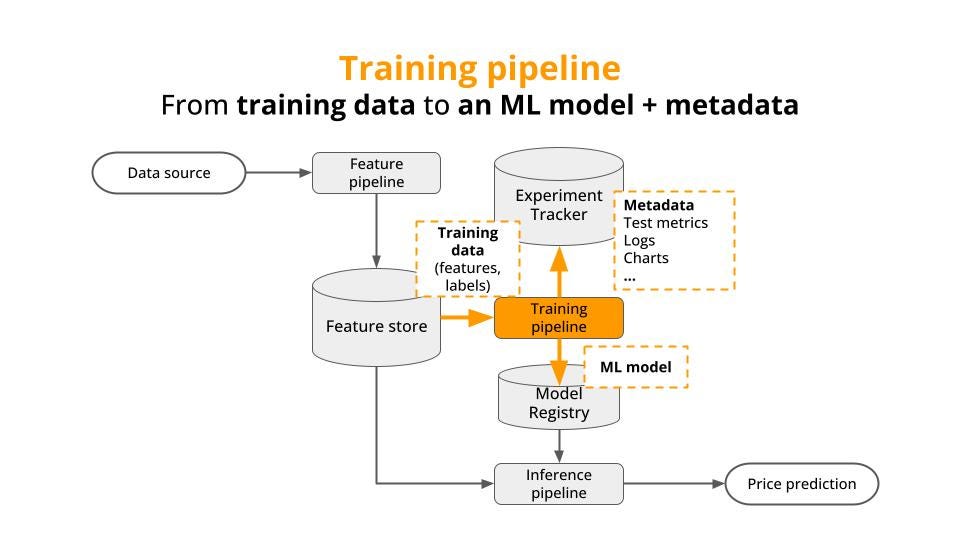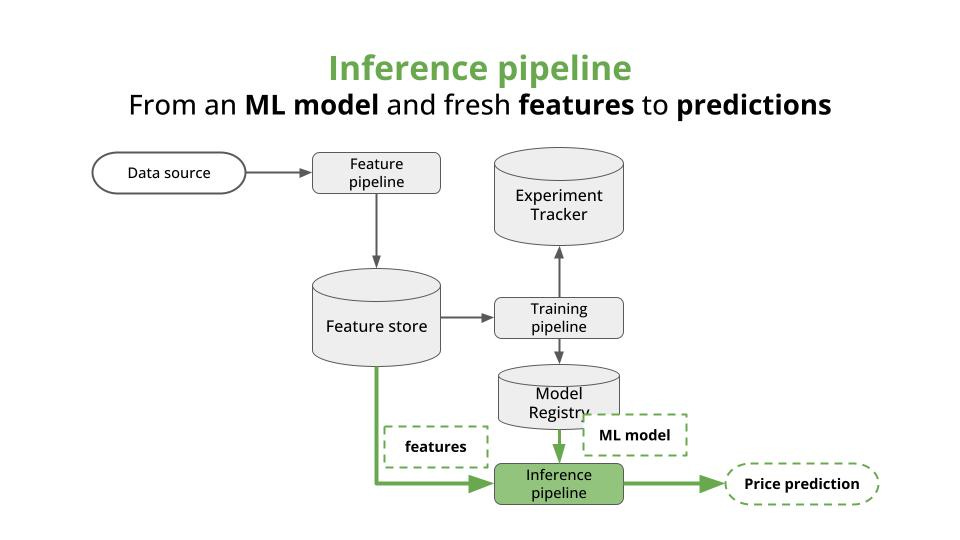Why learn Rust?
Sep 08, 2024
Why the heck would you learn Rust? 🤔
Here is why↓
The problem
Machine Learning systems are full of heavy compute operations, for example
-
to do feature engineering, and transform raw data into model features

-
to train ML models, for example
-
a boosting algorithm like XGBoost trained on a tabular set of 100k rows, or
-
a deep neural network for image classification, or
-

-
to generate predictions from these models, for example to use Llama 3.1 to generate text completions.

And the thing is, Python is a VERY SLOW language.
Why is Python slow? 🐢
Python is an interpreted language, meaning code is executed line by line. This adds overhead compared to compiled languages, which translate code into machine instructions before execution.
Because of its slowness all compute intense operations in Python programs are not really done by Python, but C libraries under the hood, like Numpy, PyTorch or XGBoost, among others.
However, this combo Python + C is not ideal for many real-world scenarios where performance and memory footprint are critical.
This is why 2 languages are growing in importance in the ML world,
-
Mojo 🔥 → Its mission is incredibly exciting: blend the expressiveness of Python with the performance of C into a single language.
It has a growing community that will surely push it very far. However, at the moment, it is still far to compete with Python for most real-world problems.
and
-
Rust 🦀 → A modern compiled language, that is already used to power popular Python libraries like Polars or tokenizers. Rust syntax is more involved than Python, but still way more accessible than C or C++, especially when using an AI coding assistant.
Today I will focus exclusively on Rust, to show you its power with one very simple example.
Example
Let's take a very simple task. Let's use our computer to add numbers from 1 to N=1,000,000,000 (1 billion)
We will write 3 programs to solve this task, in
-
Pure Python
-
Python + Numpy (written in C)
-
Rust
and compare results and speed.
Github repo 🧑🏻💻
You can find all the source code behind this example in this repository that I created.
Give it a star ⭐ on Github to support my work
1. Python 🐍
The function loops over the range 1 to N and adds up the integers. Easy-peasy.
def sum_up_to(n: int) -> int:
count = 0
for i in range(n):
count += i + 1
return countTo check its output and time to execute on your laptop, git clone this repository and run the following command from the root directoy of this repository.
$ make time-python N=1000000000
sum up to 1000000000 is 500000000500000000
real 0m36.712s
user 0m36.112s
sys 0m0.400sThe result is correct, and the total time execute on my laptop is around 36 seconds.
2. Python + Numpy 🐍🚀
In this case, we allocate the range of integers in memory and ask numpy (written in C) to add them up.
import numpy as np
result = np.sum(np.arange(args.number + 1))To time it run
$ make time-python-with-numpy N=1000000000
using numpy
sum up to 1000000000 is 500000000500000000
real 0m4.446s
user 0m1.630s
sys 0m4.134sThe result is correct, and the time to execute went down to 4 seconds on my computer. Nice!
What about Rust?
3. Rust 🦀
To replicate the results in this section first install the Rust compiler, following these instructions.
Rust is a modern compiled language, meaning that Rust code is translated directly into machine code by a compiler before execution. This leads to highly optimized performance because the program runs directly on the hardware without an intermediary.
On top of that, Rust syntax looks and feels way closer to Python than C. For example, this is what our summation function looks like:
fn sum_up_to(number: i64) -> u128{
let mut sum = 0;
for i in 0..number {
sum += (i + 1) as u128;
}
sum
}Let's now time it:
$ make time-rust N=1000000000
sum up to 1000000000 is 500000000500000000
real 0m0.315s
user 0m0.002s
sys 0m0.003sBOOM! Same result, while execution time went down to 0.3 seconds. That is 100x faster than Python.
Why is this relevant ❓
Rust binaries are faster, and lighter than equivalent Python programs, which means you can run them on cheaper hardware. This reduces costs and lets you do wonderful things like running a Large Language Model on smartphone device.
But this is something we will cover another day.
In the meantime…
Wanna learn Rust with me?
I am preparing a new live, interactive course on Rust for ML engineers.
We will build ML software, and learn along the way. Together.
As all my live courses, it will be hard, but incredibly rewarding.
Looking forward to seeing you in November 🤗
Wanna know more about this new course?
↓↓↓
That’s it for today.
Wish you a great weekend,
And talk to you next Saturday.
Pau

